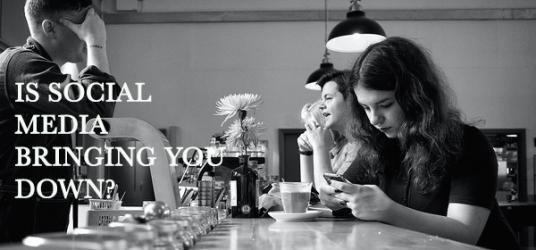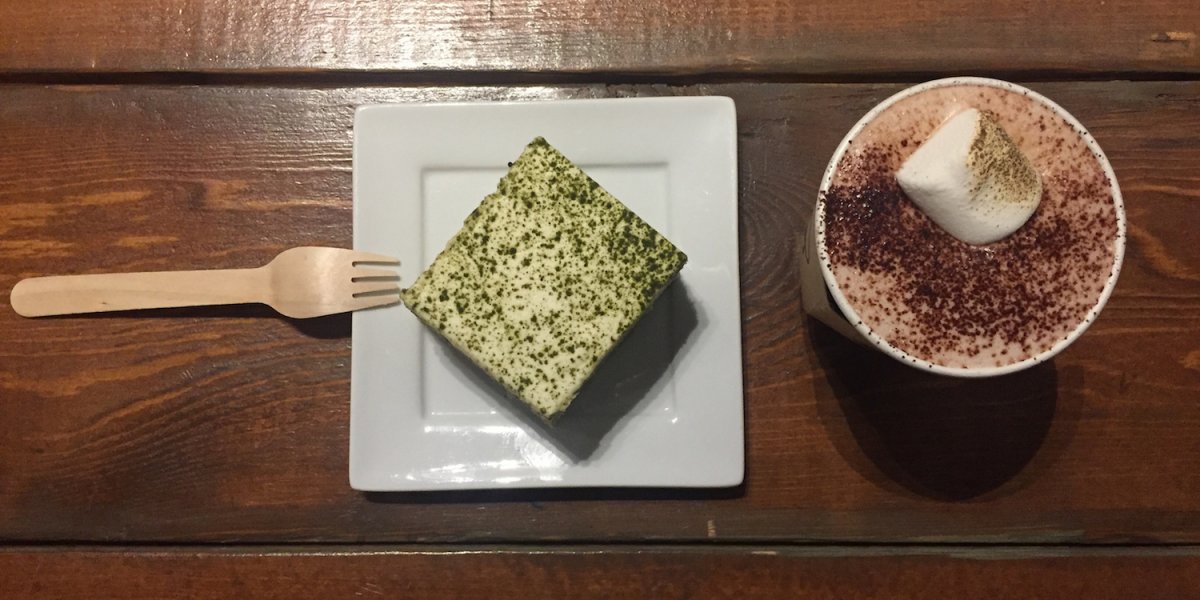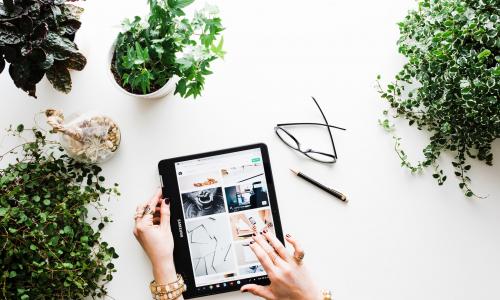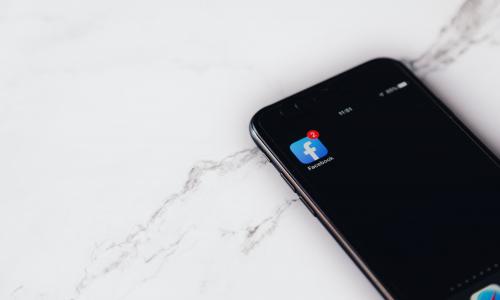
Social media consumes our lives today. We spend hours scrolling through our feeds mindlessly procrastinating, on the bus heading to school and even during lectures. We’re on it even when we don’t realize we’re using it. According to Adam Alter’s Ted Talk, Why Our Screens Make Us Less Happy, unlike watching a movie or a TV show that can come to an end, social media platforms are continuous. We scroll through Instagram all day long with no sense of when it’s time to stop.
Social media has made various positive impacts on users, such as allowing us to communicate with greater ease than at any other point in history. It has also allowed us to grow our connections and express ourselves in new ways, as well as given us a platform to create awareness of social issues such as #BlackLivesMatter, #IdleNoMore, and #ILookLikeAnEngineer.
It is difficult to imagine our lives without social media. A lot of us don’t even remember what life was like before it. Imagine deactivating your Facebook account for a week. I’ve thought about it, however, deactivating my account would mean not knowing what friends are doing, which then would mean not knowing what was missed out on. Human beings are inquisitive creatures and staying up-to-date with our friends and family’s lives is important to us. We crave knowing what others are doing. In our busy lives clicking that ‘like’ button can be enough validation to sometimes replace the need of human contact. Through social media we can acknowledge the lives of family and friends with the click of a button, letting them know we are happy for them.
In 6 Ways Social Media Affects our Mental Health, Alice G. Walton discusses how the ‘need to know’ through social media can negatively impact our mental health. Seeing pictures of your friends going to a party you weren’t invited to can be hurtful; seeing other’s achievements on your Facebook profile can make you feel sad or jealous, and comparing yourself to highly edited, filtered Instagram pictures can make you feel unattractive. I love scrolling through Instagram and often wish I was having as much fun as the people in my feed. I’ve also had friends tell me they wish they went out as much as me, but in truth I don’t actually go out that much.

My own reason for posting to social media is that I frequently visit new café’s and love seeing what desserts they have to offer and how they are presented. Posting pictures of unique dishes and desserts allows me to share with others what new places have opened up and what they can expect to get there. I also enjoy taking pictures of food, sharing my favourites and receiving feedback through likes and comments. This allows me to share my interest and validate that my food photography is being appreciated. Of course, not everyone posts on social media to receive validation. My friend Yumi likes posting pictures on her Instagram account about her fitness transformations. For her, posting these pictures is a way of motivating herself. Seeing herself getting fitter over time keeps her going. She also posts these fitness posts to receive advice from other fitness enthusiasts.
It is important to keep in mind that on social media we only share the exciting moments in our lives, such as our greatest achievements because that is what we want others to see. We don’t post pictures that we feel insecure about or posts about our failures in life because that is not the image we try to portray to the rest of the world. Social media allows us to create a façade of ourselves – people we wish we could be all the time.
It is important to take regular breaks from being on social media to allow ourselves to get back to the realities of our lives and to avoid the negative effects associated with constant social media use. Giving up your social media accounts is one option if you have a strong will, however there are other less extreme ways to help overcome the negative effects social media has on your mental health.
If you’re looking to reduce the negative effects of using social media some tips suggested by Adam Alter include: putting your phone away when eating; putting your phone on airplane mode on the weekend, and not checking your social media first thing in the morning. I also like to put my phone away whilst studying to avoid getting distracted. I would also recommend putting your phone on silence when seeing friends so that you don’t get distracted by social media notifications, and also to show your friends that you respect the time you’re spending with them. It is important to realize that living in the moment is more fulfilling than getting caught up in looking at what everyone around you has been doing. The key is to not allow social media control you.













